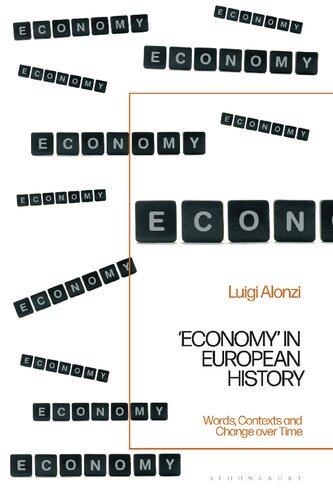

Most ebook files are in PDF format, so you can easily read them using various software such as Foxit Reader or directly on the Google Chrome browser.
Some ebook files are released by publishers in other formats such as .awz, .mobi, .epub, .fb2, etc. You may need to install specific software to read these formats on mobile/PC, such as Calibre.
Please read the tutorial at this link: https://ebookbell.com/faq
We offer FREE conversion to the popular formats you request; however, this may take some time. Therefore, right after payment, please email us, and we will try to provide the service as quickly as possible.
For some exceptional file formats or broken links (if any), please refrain from opening any disputes. Instead, email us first, and we will try to assist within a maximum of 6 hours.
EbookBell Team

4.8
84 reviewsPrompted by the 'linguistic turn' of the late 20th century, intellectual and conceptual historians continue to devote a great deal of attention to the study of concepts in history. This innovative and interdisciplinary volume builds on such scholarship by providing a new history of the term 'economy'.
Starting from the Greek idea of the law of the household, Luigi Alonzi traces the different meanings assumed by the word 'economy' during the middle ages and early modern era, highlighting the semantic richness of the word and its uses in various political and cultural contexts. Notably, there is a particular focus on the so-called Oeconomica literature, tracking the reception of works by Plato, Aristotle, the 'pseudo' Aristotle and Xenophon in the Italian and France Renaissance. This tradition was incredibly influential in civic humanism and in texts devoted to power and command and thus affected later debates on Natural Law and the development of new scientific disciplines in the 17th and 18th centuries. In exploring this, the analysis of the function of translations in the transmission and transformation of meanings becomes central.
'Economy' in European History shines much-needed light on an important challenge that many historians repeatedly face: the fact that words can, and do, change over time. It will thus be a vital resource for all scholars of early modern and European economic history.